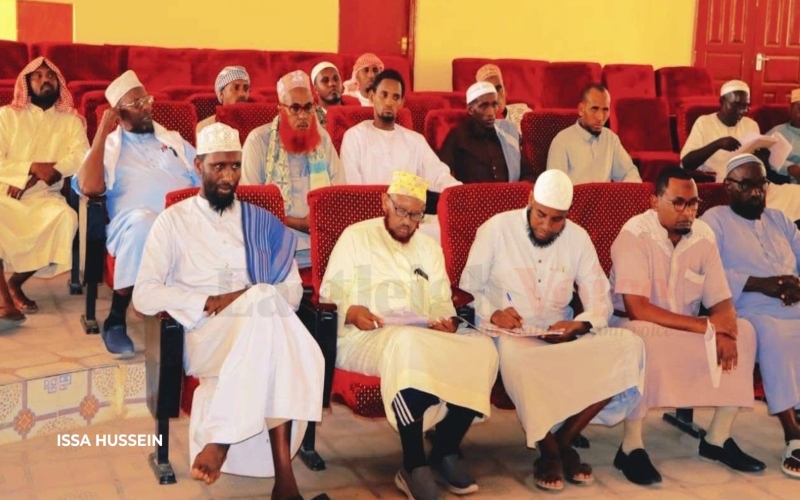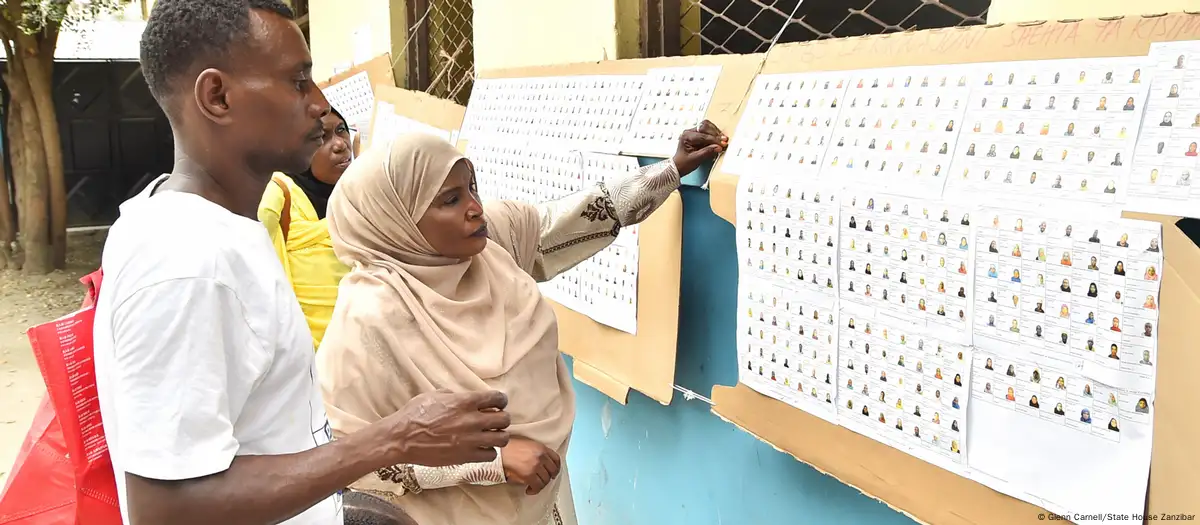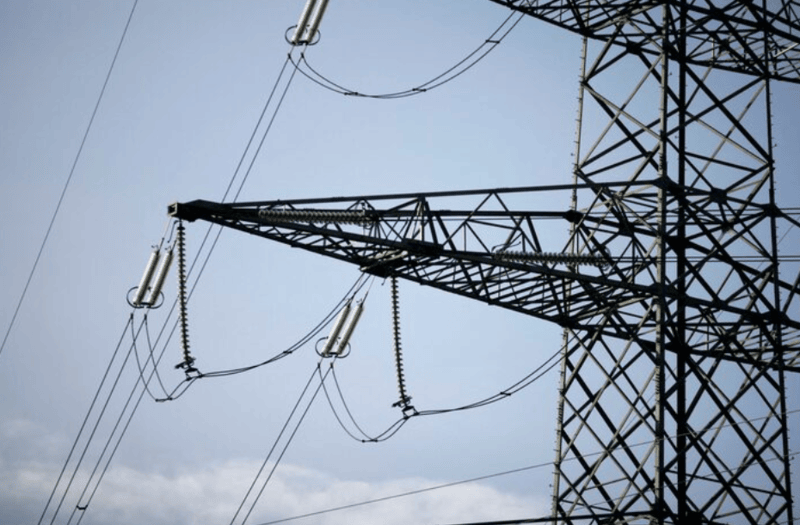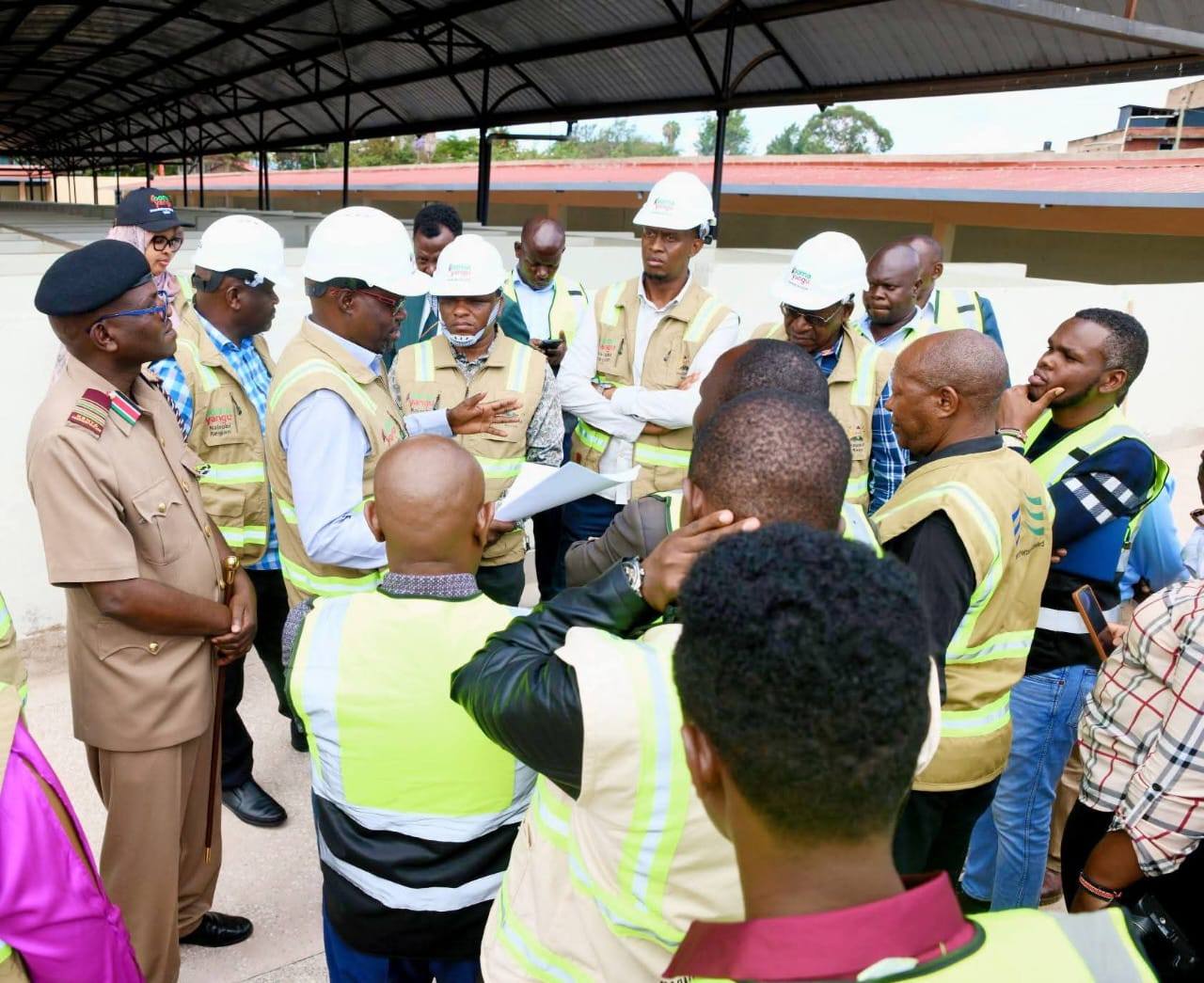IEBC unveils tough new rules for recalling underperforming MCAs
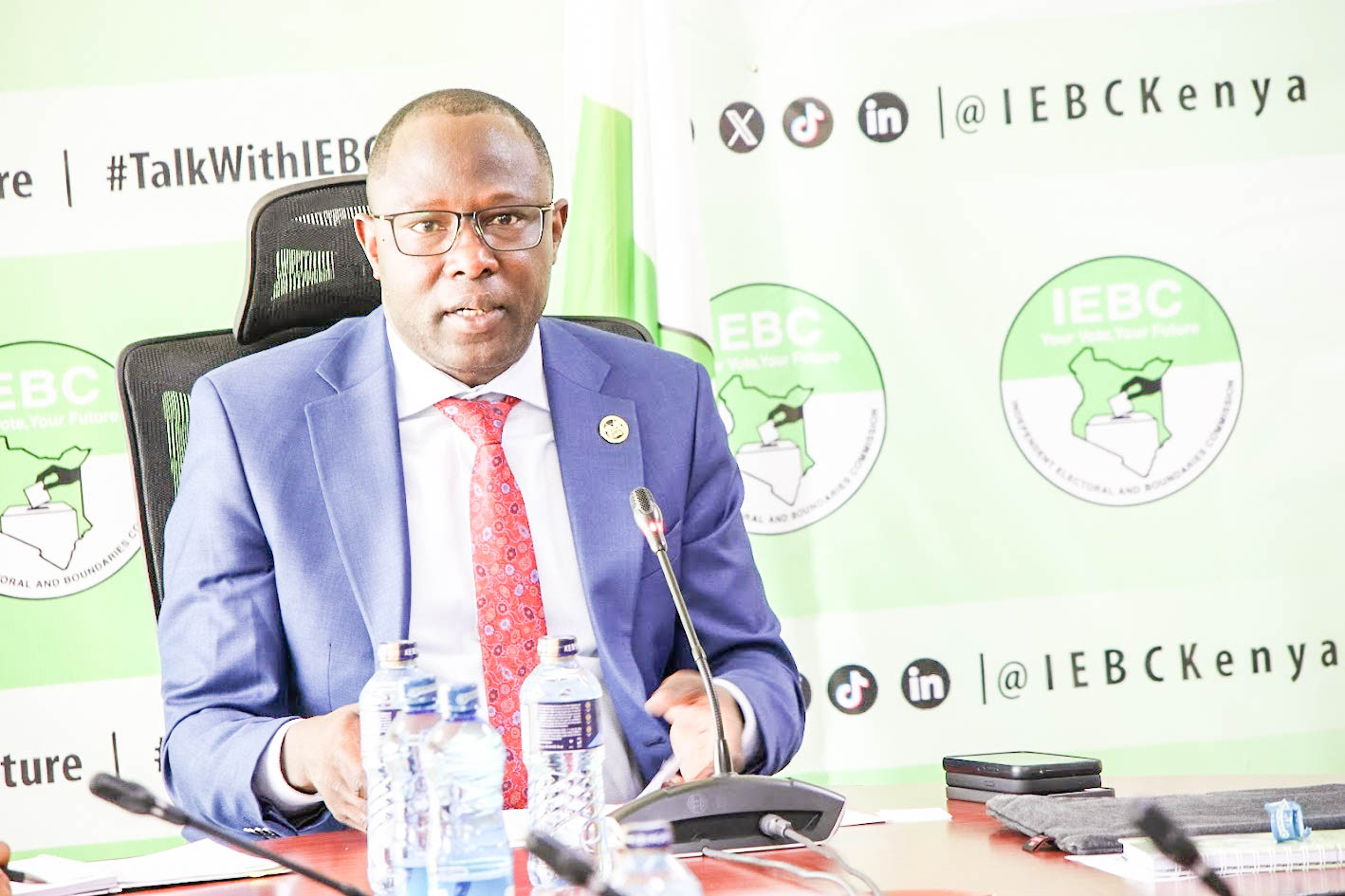
The rigorous requirements indicate that only petitions with substantial backing and strong evidence will move forward, limiting frivolous or politically motivated recall attempts.
The Independent Electoral and Boundaries Commission (IEBC) has introduced a detailed framework for voters who wish to recall Members of County Assembly (MCAs) before their term ends, making the process more structured but demanding.
The move comes after years of debate over how citizens could hold underperforming or errant ward representatives accountable, a debate that gained attention during the 2023 Gen Z-led protests when calls for recalling some lawmakers surged.
More To Read
- Senate probe uncovers unpaid loans by ex-governors, county officials
- PSC warns civil servants to steer clear of politics ahead of by-elections
- Pathologist tells court Kilifi IEBC official died from severe head injuries
- Parliament to fast-track electoral laws ahead of 2027 polls, says Wetang’ula
- IEBC unveils nomination dispute framework ahead of November by-elections
- Over 20,000 Kenyans register as voter registration drive picks up nationwide
Under the new rules, as reported by The Star, recalling an MCA is only possible on serious grounds.
These include flagrant violations of the Constitution or other laws, acts of gross misconduct, incompetence, or convictions for offences carrying prison terms of six months or longer.
The Commission has clarified that a recall is not a casual exercise and requires solid evidence to proceed.
The process begins when a registered voter from the concerned ward submits a formal petition to the IEBC.
This petition must clearly state the reasons for recall and be accompanied by a sworn affidavit before a Commissioner for Oaths, confirming the truthfulness of the claims.
Petitioners are also required to pay a non-refundable Sh15,000 fee, matching the cost for contesting an MCA seat in an election petition.
After filing, petitioners must prove broad community support. Specifically, they must submit a list of supporters amounting to at least 30 per cent of registered voters in the ward within 30 days of the petition being received.
This list must include the names, national ID or passport numbers, addresses, contacts, and original signatures or thumbprints of all supporters. To prevent narrow or sectional influence, the IEBC requires that the supporters reflect the diversity of the ward’s population.
If the petition satisfies all legal, procedural, and financial conditions, IEBC may authorise a recall referendum.
The rigorous requirements indicate that only petitions with substantial backing and strong evidence will move forward, limiting frivolous or politically motivated recall attempts.
Top Stories Today
